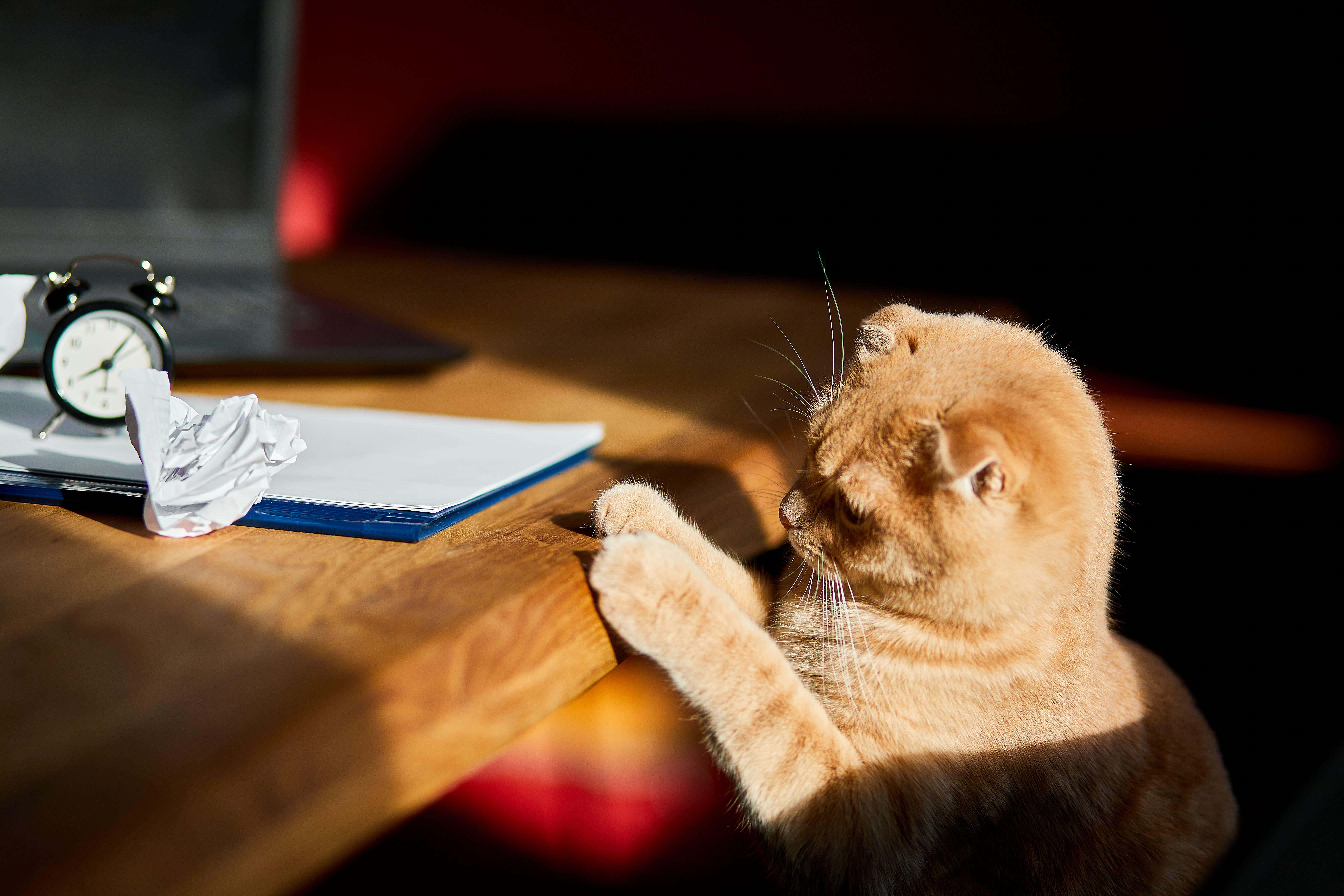Cats like to play fetch too, study finds
Felines like to be in control of the game of fetch and respond best when they lead the play, researchers say.

It is not just dogs that like to play a game of fetch – some cats do too, scientists have found.
A survey of nearly 1,000 owners also suggests cats like to be in control of the game and respond best when they lead the play.
While fetching is not typically associated with felines, the researchers believe the behaviour is instinctive – often happening without any formal training.
Based on their findings published in the journal Scientific Reports, the academics are urging cat owners to be more attuned to their pets’ needs and their preferences for play.
I'd encourage owners to be receptive to the needs of their cat by responding to their preferences for play - not all cats will want to play fetch, but if they do, it’s likely that they will have their own particular way of doing so
They say that playing fetch may be beneficial for the welfare of the cat and may strengthen the bond between the pet and its owner.
Jemma Forman, a doctoral researcher at the University of Sussex School of Psychology, said: “We’ve started to uncover a really interesting fetching behaviour that is not commonly associated with cats.
“Our findings show that cats dictate this behaviour to directly influence how their human owners respond.
“Cats who initiated their fetching sessions played more enthusiastically with more retrievals and more fetching sessions per month.
“This perceived sense of control from the cat’s perspective may be beneficial for the cat’s welfare and the cat-owner relationship.
“I’d encourage owners to be receptive to the needs of their cat by responding to their preferences for play – not all cats will want to play fetch, but if they do, it’s likely that they will have their own particular way of doing so.”
For the study, animal behaviour psychologists at the universities of Sussex and Northumbria surveyed 924 owners of 1,154 cats (994 mixed-breed and 160 purebred) that play fetch to better understand more about this behaviour.
The owners were asked when and how the fetching first took place, how often it occurs every month, the objects their cat preferred to fetch, and who usually initiated or ended the games.
We think it's important because it demonstrates how much this behaviour is led by cats themselves, since very few of the owners surveyed explicitly trained their cats to fetch
Findings showed fetching was an instinctive behaviour in the vast majority (94.4%) of the creatures.
Most of the cats were found to begin their fetching games as kittens, with 96.7% reported to first fetch under the age of seven, and 60.7% under one.
Toys, crumpled paper, hair ties, cosmetics and bottle parts were found to be the most popular items in the game.
The cats also showed individual preferences for the objects and members of a household they liked to play with.
The Siamese was the most reported (22.5%) purebred to play fetch, followed by Bengal (10%) and Ragdoll (7.5%).
Common locations for games of fetch were reported to be bedrooms and stairs.
Study co-author Dr Elizabeth Renner, a lecturer in psychology at Northumbria University, said: “To our knowledge this is the first study to focus exclusively on fetching behaviour in cats.”
She added: “We think it’s important because it demonstrates how much this behaviour is led by cats themselves, since very few of the owners surveyed explicitly trained their cats to fetch.”
Bookmark popover
Removed from bookmarks